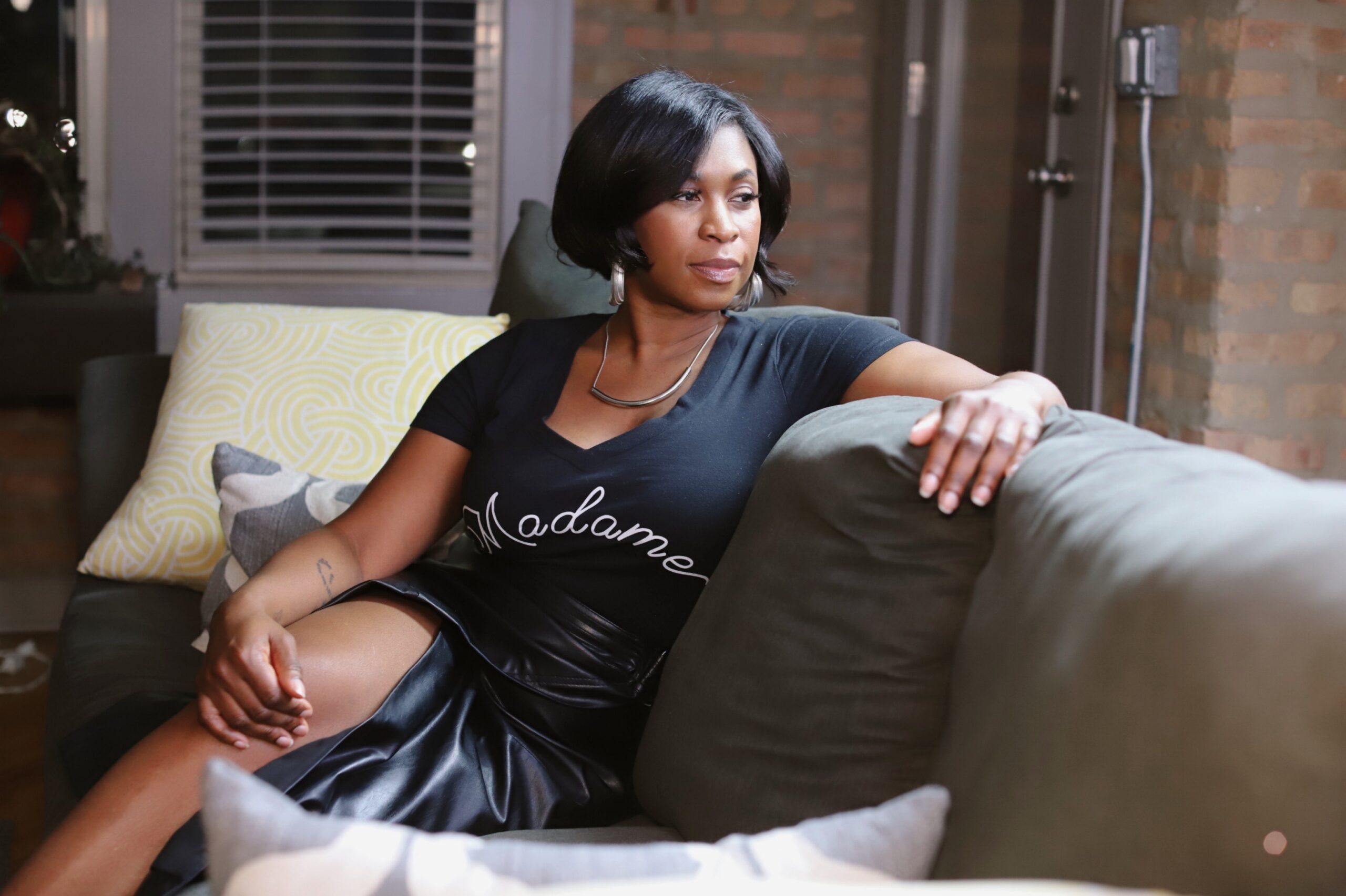
Endometriosis is a complex and often misunderstood condition that affects millions of women worldwide, including Black women who are 50 percent more likely to be diagnosed.
The Shocking Diagnosis
Asha Dickens’ journey began in 2016 when she received a diagnosis that caught her completely off guard. Unlike many women with endometriosis, Dickens did not experience the classic symptoms of excruciating menstrual cramps or irregular periods.
Her revelation came during Memorial Day weekend, marked by a sudden onset of extreme cramps and an unexpected reaction to a few drinks. Little did she know that these events would lead to a life-altering diagnosis.
“This diagnosis hit me like a ton of bricks,” Dickens shares. “It came as a complete shock to me because I’ve never experienced a painful period.”
RELATED: Endometriosis: The Pain Is Not In Your Head
The Turning Point
Dickens’ initial symptoms escalated when she experienced the rupture of a cyst on her ovary. Her doctor revealed endometriomas and fibroids were the culprits.
The former was a condition she was unfamiliar with, which led her down a path of self-discovery and a commitment to finding holistic remedies to manage her condition.
Initially hesitant to embrace conventional treatments like birth control, Dickens chose to collaborate with her doctor to find a balance that worked for her.
“It led me to do a complete 180; I ended up quitting my job and became a holistic practitioner,” Dickens says. “I’ve changed my diet, stopped eating red meat, and become way more active.”

Navigating the Holidays
Like many people with health conditions, the holidays presented a new set of challenges for Dickens.
“The third time that I ruptured a cyst was November 2019, so it had been three years since the prior rupture, and it all happened kind of around the holidays,” Dickens shares. “When you’re in a celebratory time frame, not being able to celebrate the way that others do is probably the most difficult thing.”
Fortunately, maintaining a consistent regimen throughout the year and making informed choices, allowed her to








